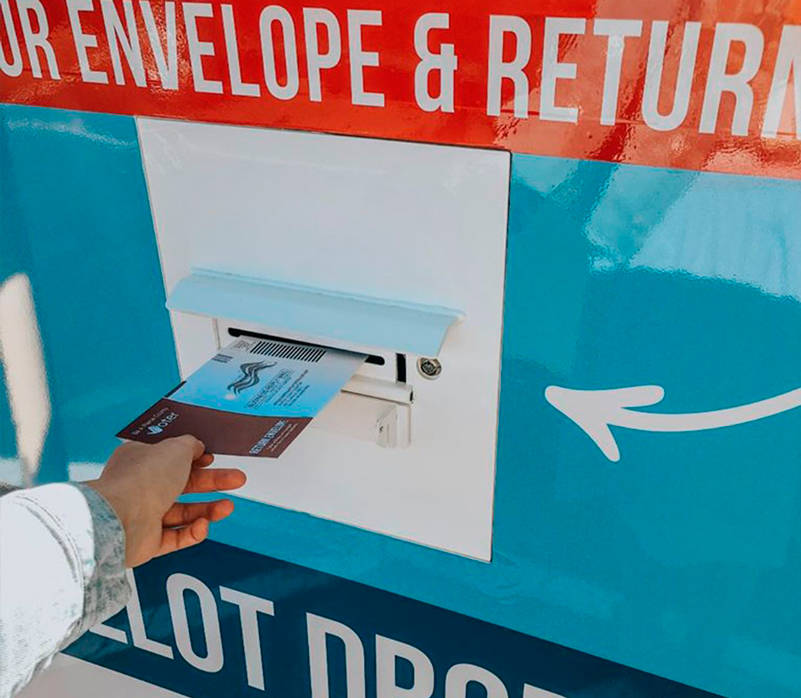By Morf Morford
Tacoma Daily Index
You know those annoying calls you get at dinner time or when you are just stepping out the door?
I was one of those callers.
Somehow I got volunteered to call people to remind them to cast their vote for the August 4 Primary election.
As you most certainly know, Washington has been a vote-by-mail state for many years.
Ballots need not be mailed of course, there are many ballot boxes available for immediate drop off. You can find them listed on the Pierce County Auditor’s website: https://www.co.pierce.wa.us/328/Elections.
If you choose to mail your ballot, it must be post marked by August 4.
Vote by mail, contrary to the vituperations of a variety of conspiracy theorists, is extremely secure.
You must be a registered voter to have a ballot sent to you and every single ballot must match the signature on file.
In theory it is possible to change someone’s vote, or grab someone’s ballot before they see it and copy their signature, but that’s a lot of work to change, ahem, one vote.
And it is a felony.
It’s hard to imagine that anyone would go to all that trouble, or imagine that the work and legal risk for a single vote would be worth it, but the suspicions and conspiracies continue.
My calling was for registered voters – not affiliated with any party. And not for any particular region, legislative or congressional district or even candidate.
It was a call (at dinner time I must admit) to remind voters to take their civic responsibility seriously.
Voting, of course, is not all that is required of citizens. But it is a defining feature of being a citizen.
Not every nation recognizes the will of the people as expressed by the popular vote.
We in the United States have seen, after decades of struggle, the achievement of (near) universal suffrage (the right to vote).
Every citizen over the age of 18 has the right, if not cultural obligation, to vote.
But of course, it was not always so.
Defining who does (or doesn’t) have a right to participate in our political system has been an issue since the very beginning.
The very first U.S. election laws date back to Article 1 of the US Constitution. This gave states the responsibility of overseeing federal elections.
Many Constitutional amendments and federal laws to protect and define voting rights have been passed since then.
Constitutional Amendments Affecting Voting Rights
The 15th Amendment gave African American men (but only men) the right to vote in 1870.
Some states used literacy tests, “grandfather-clauses” (if your grandfather was not eligible to vote, you wouldn’t be either) and other barriers (including poll taxes) to make it harder, if not impossible, for many of them to vote.
The 19th Amendment ratified in 1920, gave (most) American women the right to vote. The 24th Amendment ratified in 1964, eliminated poll taxes. The tax had been used in some states to keep African Americans from voting in federal elections. The 26th Amendment, ratified in 1971, lowered the voting age for all elections to 18.
But even with these Constitutional Amendments, some, like Native Americans, fell through the cracks.
The Snyder Act of 1924 admitted Native Americans born in the U.S. to full U.S. citizenship. Though the Fifteenth Amendment, passed in 1870, granted all U.S. citizens the right to vote regardless of race, it wasn’t until the Snyder Act that Native Americans could enjoy the rights granted by this amendment.
Even with the passing of this citizenship bill, Native Americans were still prevented from participating in elections because the Constitution left it up to the states to decide who has the right to vote.
After the passage of the 1924 citizenship bill, it still took over forty years for all fifty states to allow Native Americans to vote.
In 1948, the Arizona Supreme Court struck down a provision of its state constitution that kept Indians from voting. Other states eventually followed suit, concluding with New Mexico in 1962, the last state to enfranchise Native Americans.
Since states have the authority over who can vote (and how – voting machines, by mail, etc.) the rules are still a bit different state to state.
Did you notice that the Constitutional Amendments do not even mention the rights of felons to vote? Some states allow felons to vote, others don’t and some (like Washington) allow appeals and restoration of voting rights for some categories of felonies.
Some states set up (or shut down) voting sites. Others allow early voting or election day registration.
Certainly only legitimate citizens should be eligible to vote, but no legitimate citizen should be kept from voting.
About one third of eligible voters across the United States don’t even bother to vote. Voting is not mandatory in the USA, but it is in 22 countries (https://www.pbs.org/newshour/politics/22-countries-voting-mandatory).
Some nations require voting to such a degree that, if you don’t vote you are subject to a fine, similar to a traffic citation – even if you are ill or living overseas.
Quantitatively, the individual vote we cast may not make a difference, but on a local level, especially during a primary, each vote matters.
You may be registered to vote in a “blue” or “red” district, but if you look up your area by precinct, you might be surprised by how many “blue” or “red” precincts are decided by – or switched by – a single vote.
As I mentioned above, voting is not the only mark of citizenship, but it is how we make our voices heard when it comes to choosing the people we support to represent us when it comes to laws and public policy.
The more citizens vote, the better our elected representatives will, in fact, represent us.
There’s an old saying that if you didn’t vote, you can’t complain. I don’t know how true that statement is, but, if you can, get out there and vote!
You can complain later.






